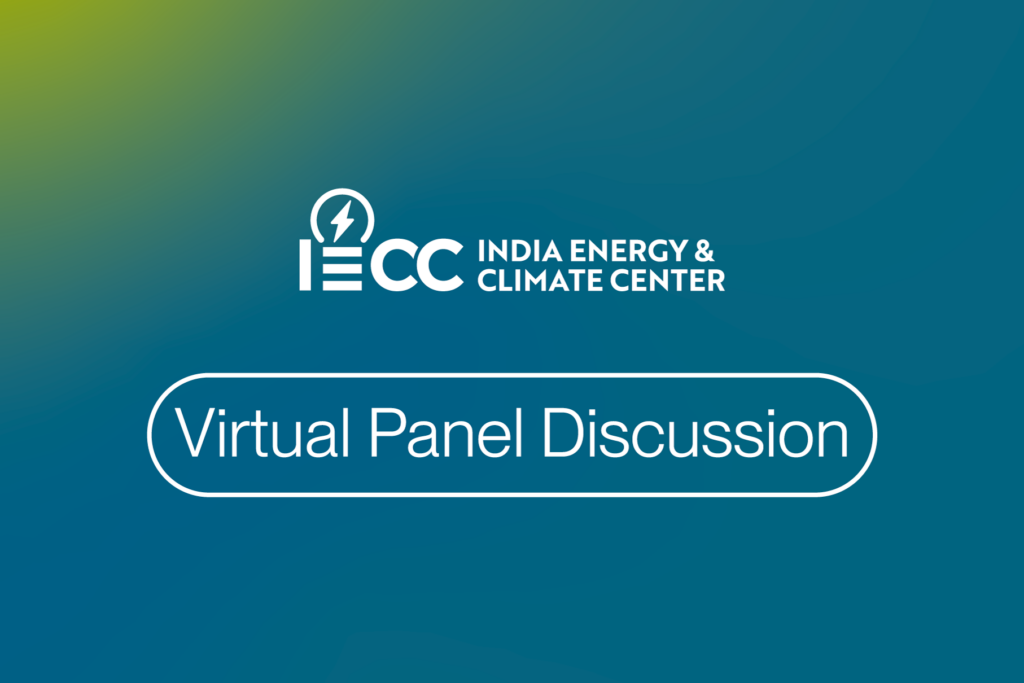A Primer on Heat Stress
Related Files Primer on Heat Stress PDF Date Published 07/2024 Updated: 09/2024 Authors Elif Kilic, Dr. Ashok Gadgil Abstract Extreme temperatures have become the new normal, with 2023 being the hottest year in over a century and 2024 on track to surpass it. The global rise in temperatures poses significant health risks, including heat exhaustion, […]
Rapid Deployment of Solar and Storage Is the Main Option for Avoiding Power Shortages in India

Due to rapid electricity demand growth, India will likely experience significant evening power shortages by 2027, even if all the thermal & hydro capacity currently under construction comes online as planned.
Recent SECI gigawatt-scale solar + storage auction results, with a record low price of Rs 3.4/kWh, have demonstrated how solar+storage will be an economical solution to help avoid power shortages. Solar + storage can be deployed much faster than new thermal and hydro assets.
Why India’s proposed CAFE III & IV norms need to be more stringent
Related Files Comments on Proposed CAFE norms PDF India CAFE norm Super credit and BEV penetration Spreadsheet Date Published 07/2024 Authors Deepak Rajagopal, Amol Phadke, Nikit Abhyankar Key Suggestions IECC’s comments on the proposed Corporate Average Fuel Efficiency (CAFE) III (2027-2032) and IV (2032-2037) norms, put forth by India’s Bureau of Energy Efficiency (BEE), provide […]
India must act now to beat extreme heat

A modified definition of a heatwave to incorporate humidity would be a key first step to correctly quantify the scale of the problem in summer
Get the Heat Index right: an important first step to protect people from heatwaves

As temperature records are broken at breakneck speed, the old ways of protecting our communities are no longer adequate; it is time to strengthen the way we measure, report and deal with heat emergencies
OPINION: Delhi must act now to beat extreme heat
OPINION: Get the Heat Index right: an important first step to protect people from heatwaves
May 14th ’24 – Virtual Event – Coal-to-Solar Generation Swap

The conversation highlighted the value of coal-to-solar generation swaps in India for rapidly increasing the renewable energy deployment and lowering the power procurement cost.
Coal-to-Solar Generation Swap
On May 14th 2024, India Energy & Climate Center (IECC) hosted a panel discussion with practitioners and industry experts. The conversation highlighted the value of coal-to-solar generation swaps in India for rapidly increasing the renewable energy deployment and lowering the power procurement cost. It also addressed key challenges, regulatory issues, and potential solutions within the […]